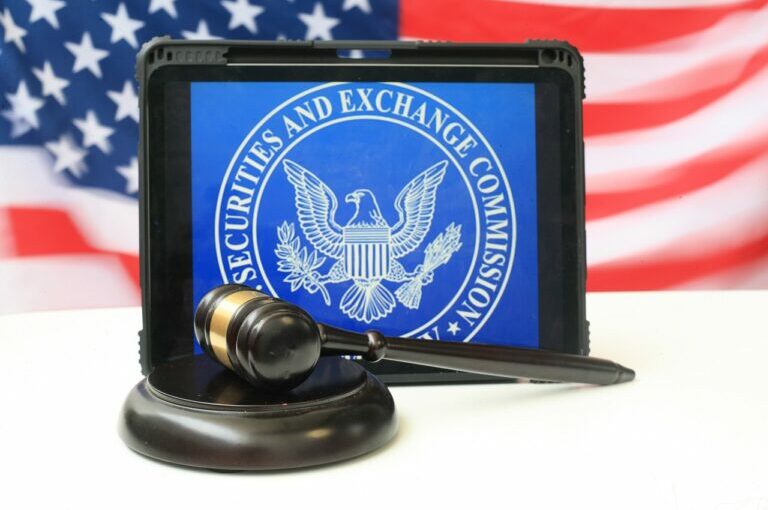The ongoing legal battle between the U.S. Securities and Exchange Commission (SEC) and Ripple Labs, initiated in December 2020, has taken another significant turn. District Judge Analisa Torres of the United States District Court for the Southern District of New York had earlier issued a mixed ruling on July 13, 2023. The SEC had accused Ripple and its top executives, Bradley Garlinghouse and Christian A. Larsen, of unlawfully issuing and selling unregistered securities (by which they meant XRP tokens), thereby violating U.S. securities laws.
In the mixed ruling, the court partially approved and rejected summary judgment motions from both parties. Specifically, the court approved the SEC’s motion concerning Institutional Sales but rejected it for other aspects. On the flip side, Ripple’s motion was approved for Programmatic Sales, Other Distributions, and transactions by Larsen and Garlinghouse but was turned down for Institutional Sales.
A Pretrial Scheduling Order released on August 9, 2023, revealed that a jury trial involving Ripple and its executives is tentatively planned between April 1 and June 30, 2024. On August 18, 2023, the SEC signaled its intent to continue the legal battle by submitting a motion for interlocutory appeal.
Ripple Labs filed its opposition to this motion on September 1, 2023. The company argued that the court’s summary judgment order did not present a “controlling question of law” for an interlocutory appeal. Ripple also contended that the SEC’s “substantial ground for disagreement” was essentially its dissatisfaction with the court’s application of the Howey test to Ripple’s XRP transactions.
On September 8, 2023, the SEC filed its “Reply Memorandum of Law in Further Support of Motion To Certify Interlocutory Appeal,” offering a detailed counter-argument to Ripple’s opposition. The SEC began by asserting that the issues raised by the court’s summary judgment order are precisely the kinds of “knotty legal problems” that Congress intended to be subject to interlocutory review under 28 U.S.C. § 1292(b).
The SEC emphasized that the rulings on Programmatic Sales and Other Distributions are legal questions that have led to contradictory legal conclusions within the district. It cited at least two opinions within the district that reached opposing legal conclusions on these issues, highlighting the complexity and industry-wide significance of the case.
The SEC also took issue with Ripple’s argument that an interlocutory appeal would not terminate the litigation. The agency countered by stating that the court’s application of the Howey test to undisputed facts at summary judgment is reviewable under Section 1292(b), as supported by both Supreme Court and Second Circuit cases. The SEC accused Ripple of either ignoring or mischaracterizing these cases.
Furthermore, the SEC argued that Ripple aims to prolong the litigation, presumably to continue selling XRP into public markets. It stated that a stay would preserve the resources of both the court and the parties involved, contrasting this with Ripple’s approach, which the SEC claims would lead to a “tremendous waste of resources.”
The next step is for the court to review the arguments presented by both parties concerning the motion for interlocutory appeal. Depending on the court’s assessment, it may either grant or deny the SEC’s motion for interlocutory appeal. If granted, the case would move to an appellate court (i.e., the US Court of Appeals for the Second Circuit) for review of specific legal questions raised. If denied, the case would proceed toward the tentatively scheduled jury trial between April 1 and June 30, 2024, unless other motions or developments intervene.
Featured Image via Pixabay
Source: Read Full Article
